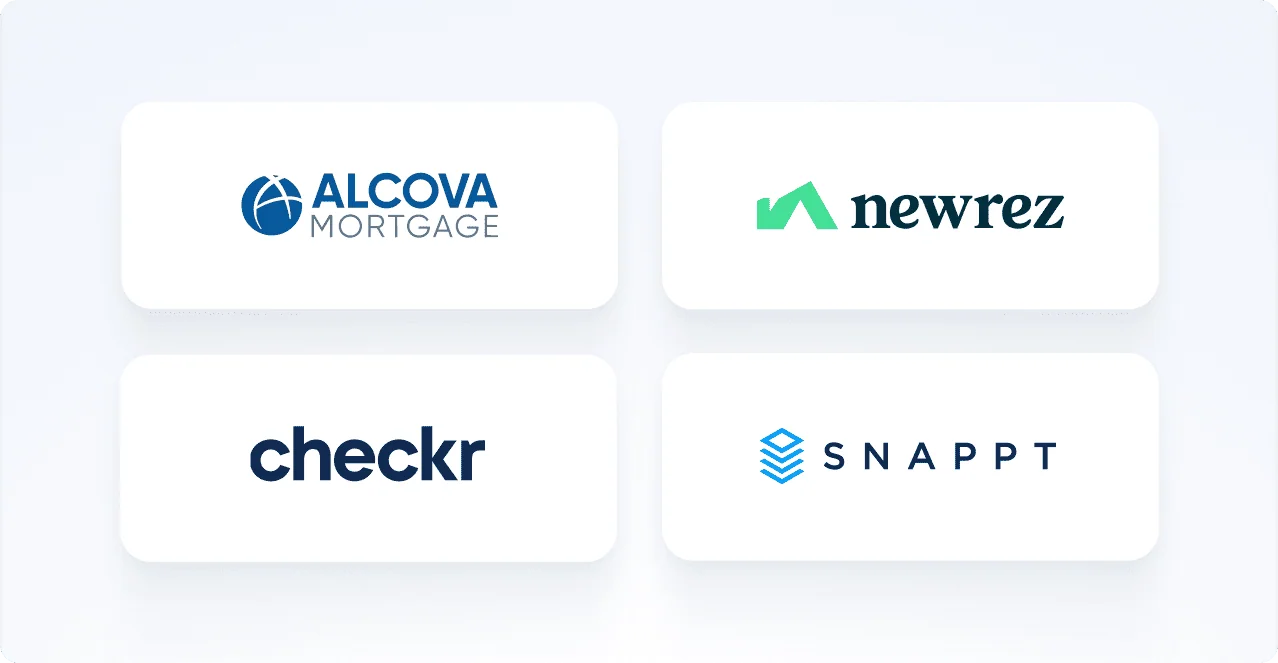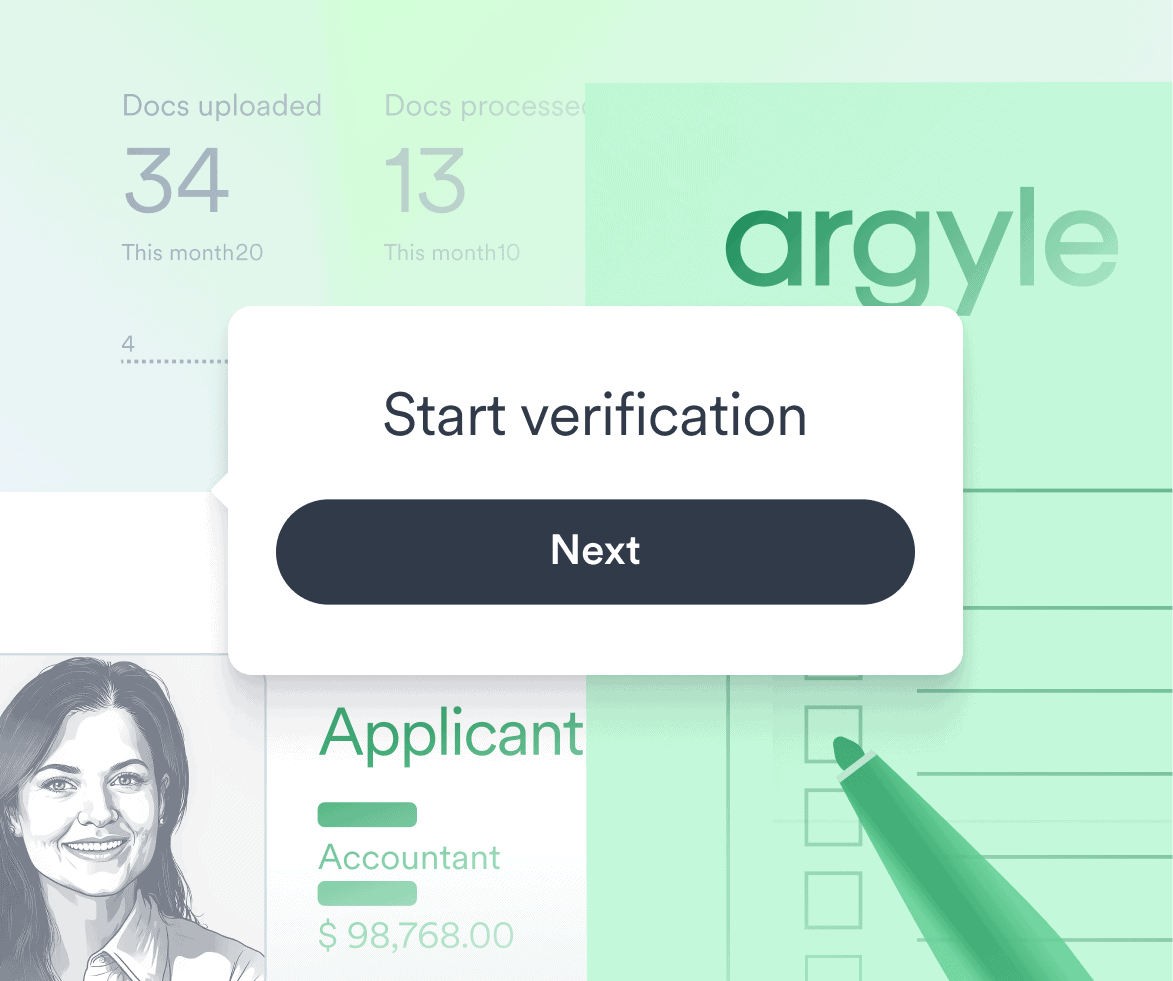Cookie Policy
Last Updated: December 10, 2025
This Cookie Policy explains how Argyle Systems Inc. (“Argyle,” “we,” “us,” or “our”) uses cookies and similar technologies in connection with our services, including our website at https://www.argyle.com. This Cookie Policy should be read in conjunction with our Privacy Notice. If you have any questions or concerns about the Cookie Policy or its implementation please contact us at [email protected] or as otherwise described in our Privacy Notice.
1. What are cookies and similar technologies?
- Cookies are text files that websites store on a visitor’s device to uniquely identify the visitor’s browser or to store information or settings in the browser for the purpose of helping you navigate between pages efficiently, remembering your preferences, enabling functionality, helping us understand activity and patterns, and facilitating online advertising.
- Local storage technologies, like HTML5, provide cookie-equivalent functionality but can store larger amounts of data, including on your device outside of your browser in connection with specific applications.
- Web beacons, also known as pixel tags or clear GIFs, are used to demonstrate that a webpage or email was accessed or opened, or that certain content was viewed or clicked.
2. How do we use cookies and other similar technologies?
We, our service providers, and our advertising partners automatically log information about an individual’s interactions with our services and communications, such as:
Device information, such as computer or mobile device operating system type and version, manufacturer and model, browser type, screen resolution, RAM and disk size, CPU usage, device type (e.g., phone, tablet), IP address, unique identifiers (including identifiers used for advertising purposes), language settings, mobile device carrier, radio/network information (e.g., WiFi, LTE, 3G), and general location information such as city, state, or geographic area.
Online activity information, such as pages or screens viewed, how long individuals spend on a page or screen, the website they visited before browsing to our website, navigation paths between pages or screens, information about activity on a page or screen, access times and duration of access, and whether individuals open our marketing emails or click links within them.
We use both persistent cookies and session cookies. Persistent cookies stay on your device for a set period of time or until you delete them, while session cookies are deleted once you close your web browser. We use persistent cookies, for example, to record your choice of language and country location. The cookies placed through your use of our website are either set by us (first-party cookies) or by a third party at our request (third-party cookies).
We also allow our advertising partners to collect this information through our website.
This Cookie Policy refers to all these technologies collectively as “cookies.”
3. What types of cookies and similar technologies does Argyle use?
On Argyle.com website we use the following categories of cookies:
| Category | Purpose |
|---|---|
| Necessary Cookies | Necessary cookies help make the services usable by enabling basic functions like page navigation and access to secure areas of the services. The Services cannot function properly without these cookies.You can set your browser to block or alert you about these cookies, but then some parts of the services will not work. |
| Functional Cookies | Functional cookies enable services to remember information that changes the way the services behave or look, like your preferred language or the region that you are in. |
| Analytics Cookies | We use “analytics” cookies that allow us to recognize and count the number of visitors and to see how visitors move around the website when they are using it. This helps us to improve the way our website works, for example by making sure users are finding what they need easily. The collected data provides us only with anonymous traffic statistics (like number of page views, number of visitors, and time spent on each page). Examples of the third-party analytics cookies we use include Google Analytics, HotJar, and Crazy Egg. We use these and other analytics cookies to collect information about how users use our services, which we then use to compile reports that disclose trends without identifying individual visitors and help us improve our services. For more information on Google Analytics, click here. For more information about Google’s privacy practices, click here. You can opt out of Google Analytics by downloading and installing the browser plug-in available at: https://tools.google.com/dlpage/gaoptout. For more information on HotJar, click here. For more information about HotJar’s privacy practices, click here. For more information on Crazy Egg, click here. For more information about Crazy Egg’s privacy practices, click here. You can opt out of Crazy Egg as described here. |
| Advertising Cookies | Advertising cookies are used to track visitors across websites. The intention is to display ads that are relevant and engaging for the individual user and thereby more valuable for publishers and third party advertisers.Examples of third-party advertising cookies we use include: (i) LinkedIn; (ii) Google Ads and (iii) MicrosoftAds |
On Argyle Link Web App landing page (accessible via a private invitation link) we use the following categories of cookies:
| Category | Purpose |
|---|---|
| Necessary Cookies | Necessary cookies help make the services usable by enabling basic functions like page navigation and access to secure areas of the services. The Services cannot function properly without these cookies. You can set your browser to block or alert you about these cookies, but then some parts of the services will not work. |
| Analytics Cookies | We use “analytics” cookies that allow us to recognize and count the number of visitors and to see how visitors move around the website when they are using it. This helps us to improve the way our website works, for example by making sure users are finding what they need easily. The collected data provides us only with anonymous traffic statistics (like number of page views, number of visitors, and time spent on each page). Examples of the third-party analytics cookies we use include Google Analytics. We use analytics cookies to collect information about how users use our services, which we then use to compile reports that disclose trends without identifying individual visitors and help us improve our services. For more information on Google Analytics, click here. For more information about Google’s privacy practices, click here. You can opt out of Google Analytics by downloading and installing the browser plug-in available at: https://tools.google.com/dlpage/gaoptout. |
Depending on your location, the maximum expiration period for the cookies above is 2 years.
We may also use web beacons in promotional emails and other communications with you, to allow us to count how many people read them and to verify any clicks through to links within an email. We (or our marketing service providers on our behalf) use this to help us understand how an email campaign performed, what types of emails and content our recipients find interesting, and what actions our recipients took, so we can improve our email campaigns in the future and make our emails more relevant to our recipients. If you do not wish the web beacon to be downloaded onto your device, you should select to receive emails from us in plain text rather than HTML.
4. How can you control the use of cookies?
Depending on where you access the services from, you may be presented with a cookie banner or other tool to provide permissions prior to non-Necessary cookies being set. In this case, we only set these non-Necessary cookies with your consent. Where this option is available, you may revoke your consent at any time with future effect by clicking on the cookie settings link.
You can also limit online tracking by:
- Blocking cookies in your browser. Most browsers let you remove or reject cookies, including cookies used for interest-based advertising. To do this, follow the instructions in your browser settings. Many browsers accept cookies by default until you change your settings. For more information about cookies, including how to see what cookies have been set on your device and how to manage and delete them, visit www.allaboutcookies.org. Use the following links to learn more about how to control cookies and online tracking through your browser: Firefox; Chrome; Microsoft Edge; Safari.
Blocking advertising ID use in your mobile settings. Your mobile device settings can provide functionality to limit use of the advertising ID associated with your mobile device for interest-based advertising purposes.
Using privacy plug-ins or browsers. You can block our websites from setting cookies used for interest-based ads by using a browser with privacy features, like Brave, or installing browser plugins like Privacy Badger, Ghostery, or uBlock Origin, and configuring them to block third party cookies/trackers.
Advertising industry opt-out tools. You can also use these opt-out options to limit use of your information for interest-based advertising by participating companies:
Digital Advertising Alliance for Websites: outout.aboutads.infoNetwork Advertising Initiative: optout.networkadvertising.org
Platform opt-outs. Some of our advertising partners offer opt-out features that let you opt out of use of your information for interest-based advertising, including: Google; LinkedIn; Twitter; Triblio.
- Note that because these opt-out mechanisms are specific to the device or browser on which they are exercised, you will need to opt out on every browser and device that you use.
Do Not Track. Some Internet browsers can be configured to send “Do Not Track” signals to the online services that you visit. We currently do not respond to “Do Not Track” or similar signals. To find out more about “Do Not Track,” please visit http://www.allaboutdnt.com.
Ready to see what Argyle can do for you?
Get in touch to learn more about our verification solutions for the mortgage, government benefits, tenant screening, personal lending, background check, and more.
Contact sales



